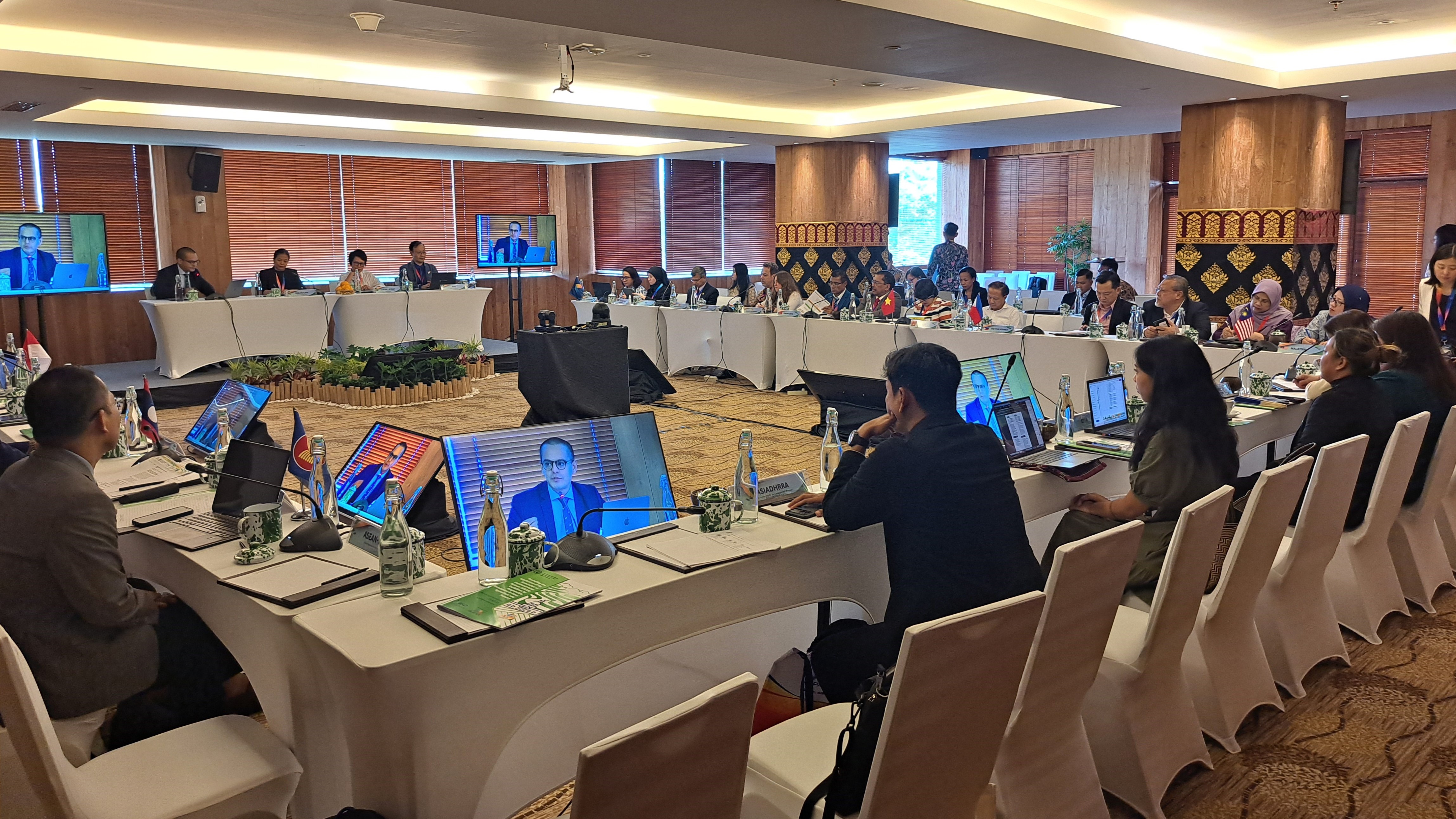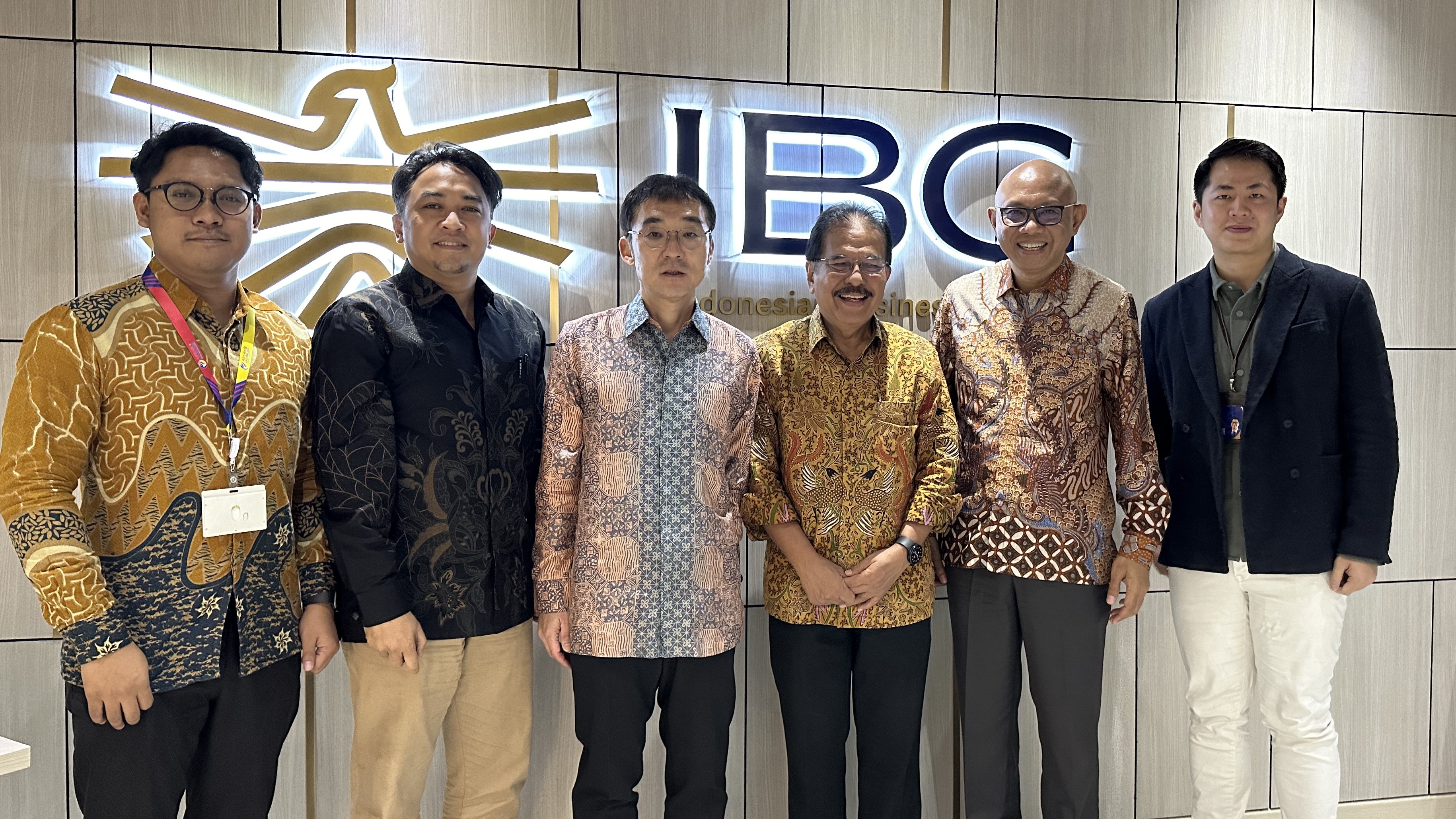Vietnam Leads ASEAN into Post-Virus Era
Date:
16 June 2020Share Article:
Print Article:
By Kavi Chongkittavorn, Senior Communications Advisor: After more than five months of combating Covid-19, the Asean leaders are now ready for the virtual 36th summit on June 26, after a 10-week delay. Senior officials are now putting together a series of action plans that would help all Asean members to move forward in the post-Covid 19 era. In other words, in coming weeks, as the lockdowns are eased or lifted in individual Asean members, the whole region will enter the so-called "new normal" situation. There will be changes and continuity in our regional environment.
At the summit, apart from Asean-related issues, the leaders will take stock of the international and regional situation. Despite the pandemic, existing conflict and strategic competition continues unabated. Of course, topping the agenda is the growing uncertainty resulting from the US-China confrontation, which has now intensified beyond trade and covers the whole gamut of their relations. Other global and regional issues such as climate change, the Korean Peninsula, North Korea's denuclearisation, the South China Sea dispute, the crisis in Rakhine and Mekong cooperation will also be discussed.
Since the outbreak in late January, the Asean members have held two dozen virtual meetings with their dialogue partners. They have come out with key recommendations that will be considered and adopted at the upcoming summit. They are concentrated on five priorities: enhancing capacity in the containment and control of Covid-19; protecting the people in the face of the pandemic; mitigating the socio-impacts of Covid-19; consolidating relations between Asean and dialogue partners in response to Covid-19; and developing a post-Covid 19 pandemic recovery plan.
Concerning capacity building among Asean members to handle the coronavirus, there is a long must-do list that the summiteers must decide on. First of all, it will be how to operationalise Thailand's proposal for a Covid-19 Asean Respond Fund, which was approved in April. Senior Asean officials are still working on the terms of reference and allocation of funds. Since the end of January, many projects funded by dialogue partners were put on hold due to the pandemic. Asean senior officials have recommended using these cooperation funds for other more urgent priorities related to efforts to combat Covid-19. Asean has to decide whether to pool a minimum of 10% of the existing remaining funds of the Asean Development Fund. In addition, Asean is also appealing for a voluntary contribution from the dialogue partners.
Another important area is the sharing of information and best practices among the Asean members. Due to the different way each member has responded to the pandemic, it is imperative that any policy adjustments affecting national, regional or international levels should be shared among the members in a timely manner. At this stage, the Asean members still need to increase the level of preparedness for future public health emergencies. In addition, in order to speed up data flows, especially essential health information, during the pandemic, they need to improve their capacity for E-health and other related issues such as the use of big data on infection rate projections as well as methods to classify and diagnose patients.
Another urgent area is to build up a pool of experts to promote cooperation among the grouping's professionals to advance the region's knowledge and capacity on contagious diseases. As such, given the proliferation of digital technology in the post Covid-19 world, there is an increased need for Asean members to strengthen their cybersecurity cooperation.
Concerning cross-cutting sectoral bodies such as the Asean emergency Operation Center Network, the Asean Risk Assessment and Risk Communication Center, the Asean BioDispora Virtual Center and the Asean Coordinating Centre for Humanitarian Assistance on Disaster Management (AHA Centre), they must be given sufficient resources to assess emerging infectious diseases. In the case of the AHA Centre, public health emergencies could be the organisation's new mandate.
At the summit, the leaders would also discuss and make a decision on the formulation of an Asean Standard Operating Procedure (SOP) or harmonised guidelines for Public Health Emergency. Some Asean members have suggested that an Asean reserve warehouse for public health emergencies should be set up. Others also want to see additional medical supplies and equipment placed in warehouses meant in case of national disasters.
Due to global virus outbreaks and to increase protection of Asean citizens in third countries, there is an urgent need to strengthen coordination among Asean members' networks whenever or wherever their citizens are in trouble, especially during public health emergencies or political conflicts. In 2006, the Asean foreign ministers agreed on a set of guidelines to assist Asean nationals in a crisis situation.
With the proliferation of social media, for the first time the Asean leaders have to tackle the negative impacts coming from fake news and misinformation. Better and speedier public communication and cooperation among focal points related to media in verifying the authenticity of information sources. In the near future, senior officials responsible for information could come up with a set of general guidelines that could be used to standardise information sharing and create a common platform to share accurate information and verification.
Mitigating the socio-economic impacts of Covid-19 is considered one of the biggest challenges the Asean members are encountering. The immediate task is to ensure existing logistic networks are in operation fully to strengthen the grouping's economic resilience. Most importantly, the Asean market must be kept open for trade and investment. It is possible that the Asean leaders might issue a special statement to express their joint commitment to keep supply chains open and to refrain from any fact that would disrupt trade.
In the long haul, Asean must stick together to mitigate potential impacts resulting from a global economic recession and other side-effects. To do so, the grouping must strengthen and diversify intra-Asean trade and investment. Due to the pandemic, Asean should also promote production and trade on needed medical supplies and equipment to fight Covid-19. Given the importance of MSMES as an economic driving force in the region, all efforts must be made to empower this sector.
As far as dialogue partners are concerned, the grouping must show that it is facing Covid-19 with a united front in order to further "consolidate and solidify" its relations with them. As such, Asean must refrain from imposing new and unnecessary trade barriers to further facilitate the flow of goods and services to and from the region, especially on food items, medical supplies and equipment. Asean will reaffirm that the long-delayed Regional Comprehensive Economic Partnership agreement will be signed in November.
As part of the effort to develop a post-Covid-19 pandemic recovery plan, it is imperative for the Asean members to share region-wide post-incident evaluation and lessons learned as soon as possible. Asean also will need to explore the process of gradually lifting them temporary intra-Asean restrictions on travel with appropriate assurances. The development of a green lane for Asean passport holders could be in the pipe-line.
Given the common experience of Asean members in facing devastation from Covid-19, it is possible that the issue of handling of future public health emergencies would be included in the next Asean Community blueprint to enhance the grouping's overall preparedness as the livelihood of its 654-million strong population is at stake.
From Hanoi's perspective, Covid-19 was a blessing in disguise as it has showcased the chair's leadership as well as raised its international profile in handling the pandemic. Coinciding with the 25th anniversary of Vietnam's membership in Asean, the upcoming summit also heralds a new beginning of more cohesive and responsive Asean. There will a leaders' vision statement on a "Cohesive and Responsive Asean". So far Vietnam has been forceful putting emphasis on the grouping's collective effort to fight against the virus and how to recover from the economic slowdown and disruptive regional connectivity. The chair is also eager to share its expertise in handling Covid-19 at the upcoming summit.
As with previous crises throughout its 53-year history, it is not an overstatement to say that Asean will emerge from Covid-19 more united, coordinated and forward-looking -- of course along with face-mask and social distancing in tow.
This opinion piece was written by ERIA's Senior Communications Advisor, Kavi Chongkittavorn, and has been published in The Bangkok Post. Click here to subscribe to the monthly newsletter.








